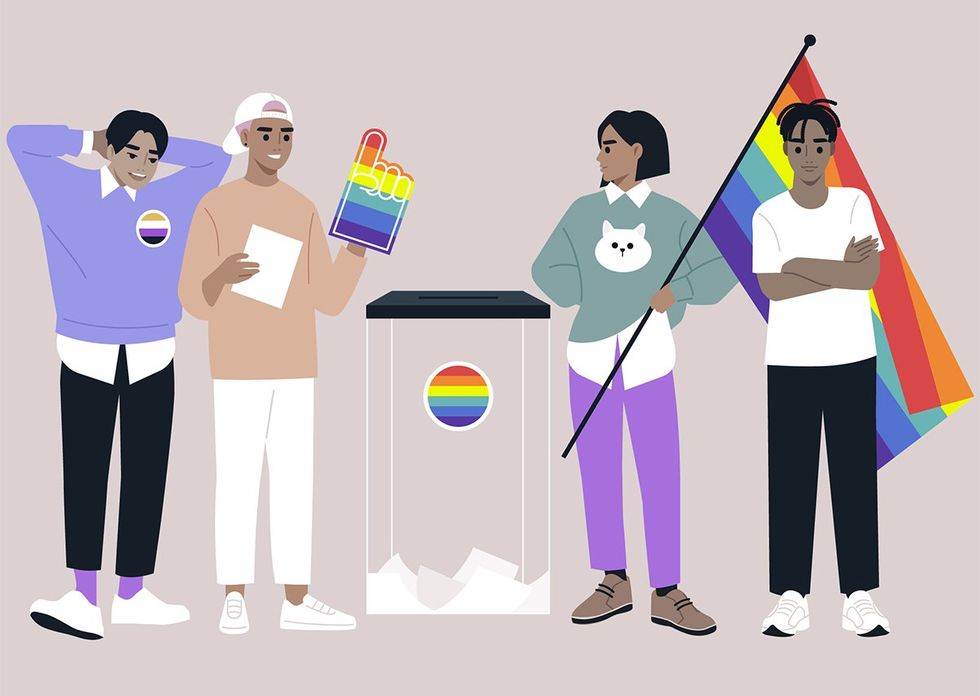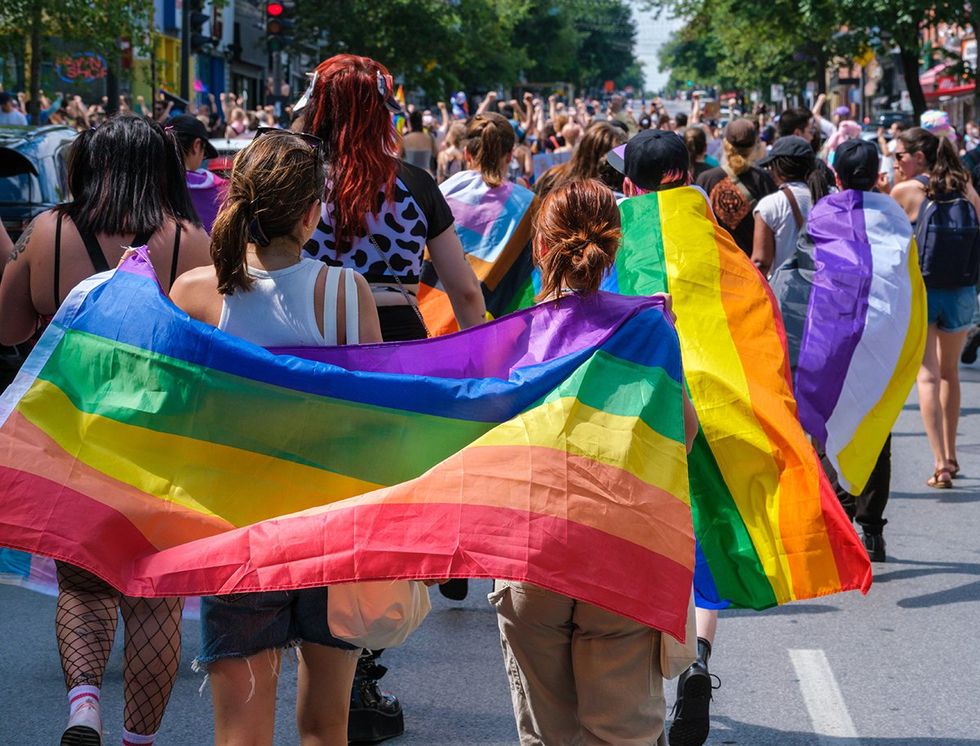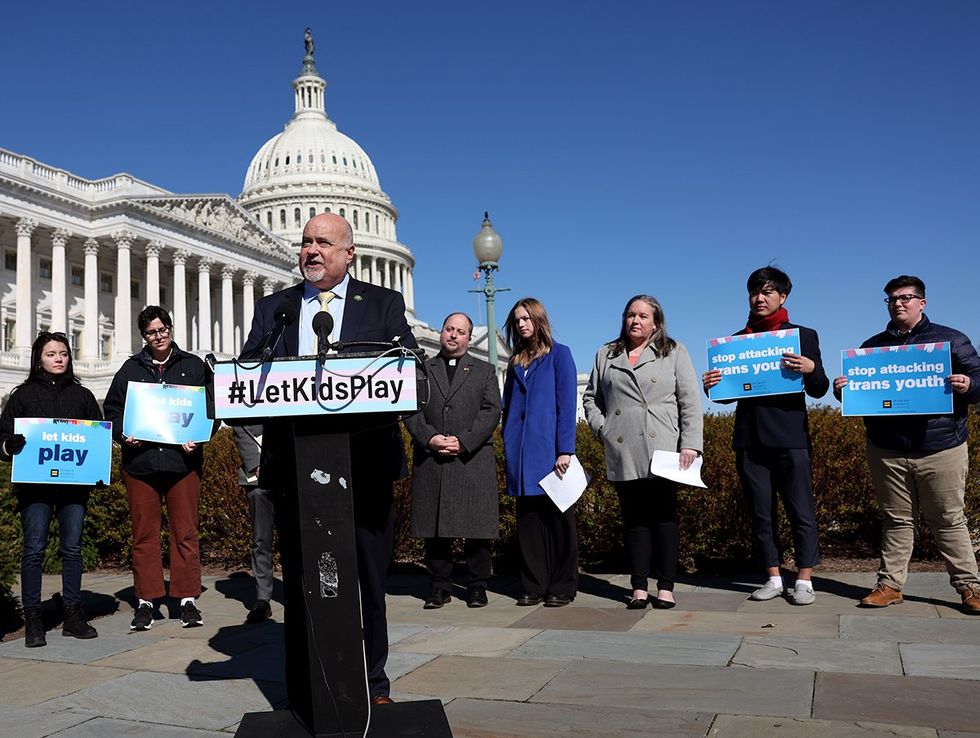Politics
Transgender youth are terrified of Donald Trump — but they're not losing hope (exclusive)

Glen Sterling/UCG/Universal Images Group via Getty Images
Ahead of the inauguration, The Advocate asked young trans people about the biggest challenges facing them – and what the rest of us can do to help.
January 06 2025 5:00 AM EST

 Nadia Snopek/shutterstock
Nadia Snopek/shutterstock Marc Bruxelle/shutterstock
Marc Bruxelle/shutterstock shutterstock creative
shutterstock creative Kevin Dietsch/Getty Images
Kevin Dietsch/Getty Images


































































Charlie Kirk DID say stoning gay people was the 'perfect law' — and these other heinous quotes